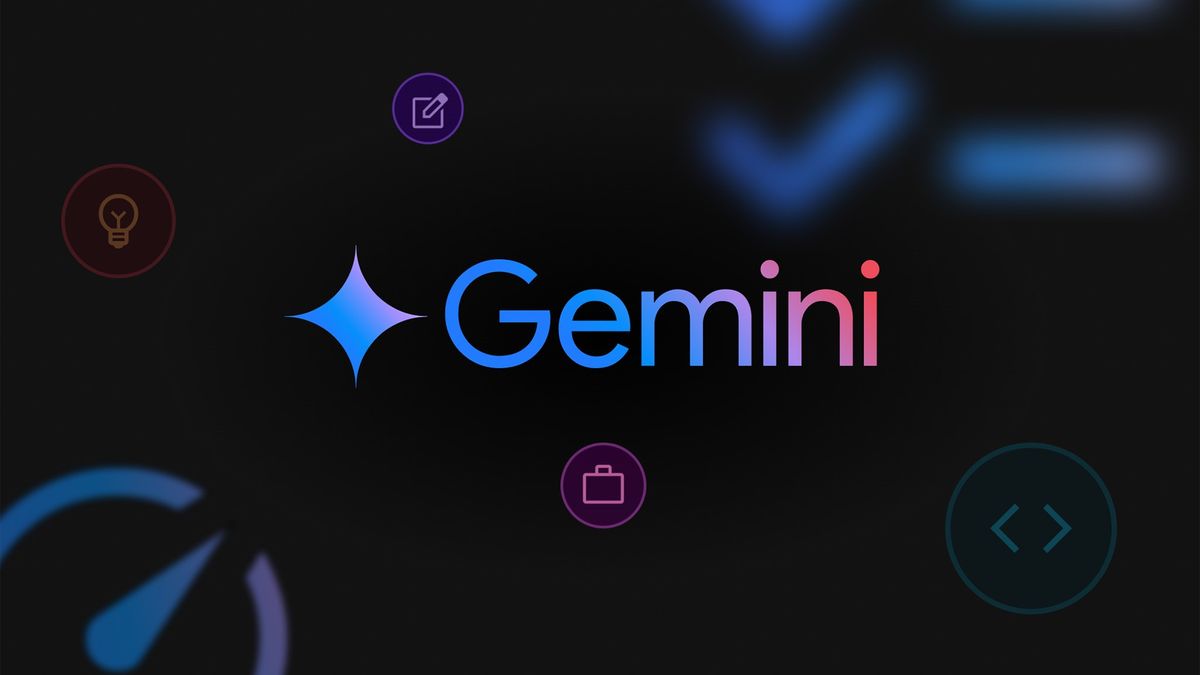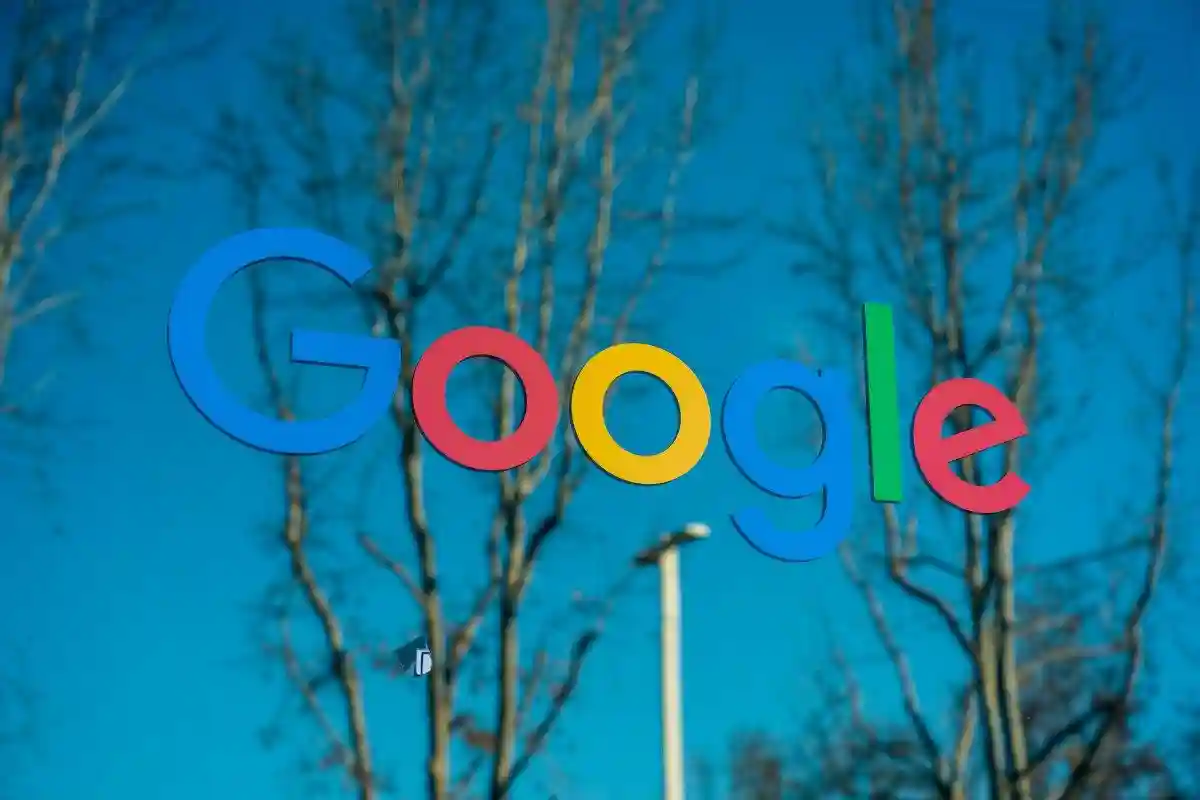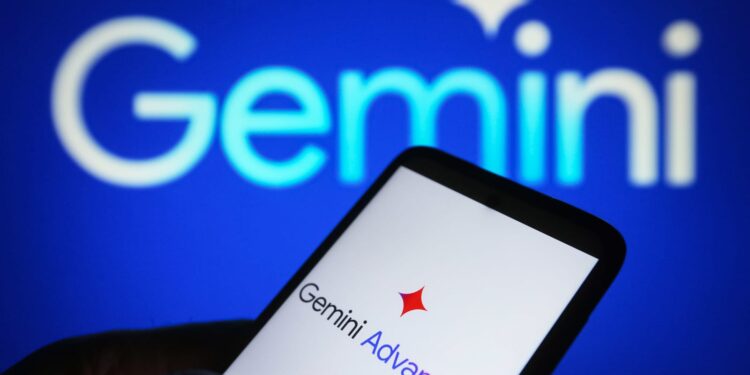In a strategic pivot that underscores Google’s commitment to integrating cutting-edge artificial intelligence across its products, the tech giant has recently moved its Gemini App team to its AI research arm, DeepMind. This internal reorganization, spearheaded by Google CEO Sundar Pichai, aligns with a series of other significant shifts within the company’s structure.

The Significance of the Move
This transition is not merely a routine shuffle; it places the Gemini App—a cornerstone of Google’s consumer-facing generative AI technology—at the core of DeepMind, the vanguard of Google’s AI exploration. The integration signifies a deeper focus on harnessing AI capabilities to enhance Google’s suite of products and services.
Sundar Pichai highlighted in a company memo the strategic importance of this move, suggesting a robust future trajectory for Google’s consumer AI applications. With the Gemini App team now under the umbrella of DeepMind, led by the visionary Demis Hassabis, Google seems poised to push the boundaries of what its AI technologies can achieve in the consumer space.

Leadership Changes: A Closer Look
In conjunction with the Gemini team’s transition, there have been pivotal changes in leadership roles. Prabhakar Raghavan, previously overseeing an array of Google’s key services including Search, Ads, and Gemini, has been appointed as chief technologist—a role that draws him nearer to his academic origins and focuses on strategizing future technological advancements.
This role reshuffle reflects a strategic realignment with Raghavan’s expertise and interests, potentially steering Google towards innovative horizons. Meanwhile, the responsibilities of overseeing other major products are being handed over to Nick Fox, a seasoned leader within Google who has been instrumental in spearheading projects like Google Fi.
Implications for Google’s Product Strategy
By positioning the Gemini App development within DeepMind, Google is likely aiming to leverage the sophisticated AI research capabilities of DeepMind to refine and advance its consumer AI technologies. This move could translate into more intuitive, efficient, and smarter AI functionalities embedded within Google’s vast ecosystem, affecting everything from user interactions with digital ads to how they navigate through Google Maps.
Moreover, the consolidation of AI research and development efforts under a unified leadership can streamline operations, enhance collaboration, and accelerate the pace of innovation. Google’s strategic reorganization suggests a future where AI not only supports but leads in the creation and enhancement of its products.

Looking Ahead
As Google continues to integrate AI more deeply into its core products, the tech industry watches closely. The outcomes of this significant structural shift could set new benchmarks for the application of AI in consumer technology, influencing industry-wide approaches to product development and user engagement.
Through these visionary changes, Google reaffirms its commitment to not only advancing the technological landscape but also ensuring its leadership in the AI domain continues to evolve, promising exciting developments for users and stakeholders alike.










